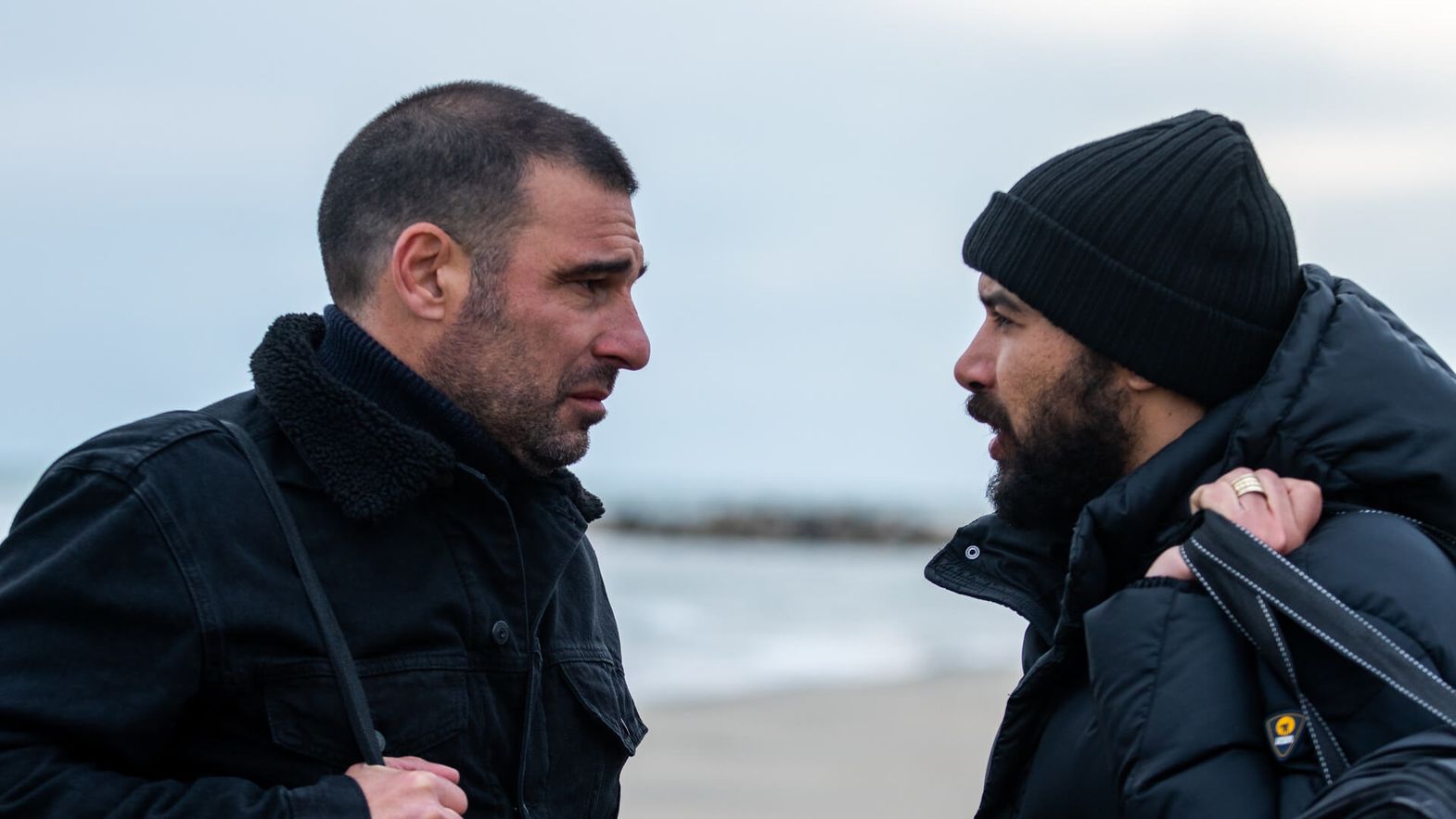 © Andrea Pirrello
© Andrea Pirrello
The horizon within sight, suffocating rather than liberating, because it is unreachable. They can never really get moving, going round in circles in a dynamic of alliance or revenge, the characters of Non sono quel che sono, an adaptation of Shakespeare's Othello. Edoardo Leo completes a project that has remained in the pipeline for many years, in which he uses dialect, mostly Roman, but not only, to reproduce as faithfully as possible not only the text, adapted very faithfully, but also the original popular soul of the Bard. The tension of small gangs of criminals, the street with its implacable rules to overcome decades of intellectualization of Othello, as of other Shakespeare works, reduced to masses in sacred places. A desecration that smacks of recovery of the original power of a story that has not lost an ounce of its reach as a moral alarm bell, too often sadly ignored. Is it possible that relations between the sexes have not changed so much for the better in 400 years? Is it possible that jealousy can still be interpreted today, even in its most extreme form of obsession, with a certain condescension, as if it were a nuance, somewhat a bit excessive, but basically understandable, of the romantic spectrum?
To see Non sono quel che sono – a title that relaunches a famous phrase of the tragedy that underlines the ambiguity of the protagonists – means inevitably superimposing the daily news on them. For a man, increase the dose of self-analysis, digging into the consciousness and horror of centuries of poorly concealed abuse. A femicide, as Edoardo Leo rightly defines it, is at the center of Othello, and nothing else. An adaptation that erases for the first time the word jealousy, with centuries of attenuated interpretation, from a work that seen today is even more violent and painful. The sense of claustrophobia that transmits, despite that sea almost always in the background, is represented with increasing precision by the film, by characters closed in on themselves, in an increasingly long night, alternating with days without sunrise and after sunset.
The discomfort of an immobility that loses all hope is fueled by Leo's staging choices, which clearly brings out Iago's diabolical scope. A character so close to human weaknesses that he is too easily vilified or dismissed as a pure villain, a sort of forerunner of the villain of fiction and popular cinema.
In the small battle victories of his forked and false tongue lies the very current frustration, but I would say inherent in the nature of our species, the small revenges, the envy never dormant, the myopia of those who take refuge in survival, without the ambition and courage to raise their eyes and think about the long term. As in the fable of The Scorpion and the Frog, triggering a chain reaction inevitably destined to backfire even against the perpetrator.
Mauro Donzelli